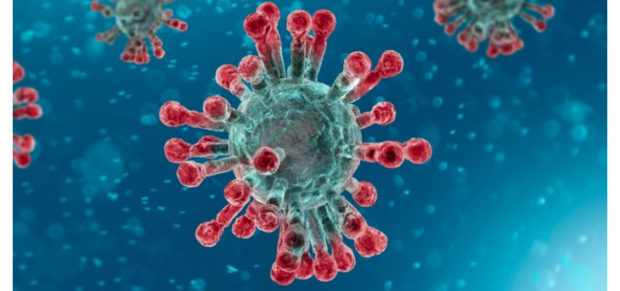
Covid-19 may become ‘seasonal’, says UN
PTI, Mar 18, 2021, 11:10 AM IST

Credit: iStock Photo
Geneva: Covid-19 appears likely to develop into a seasonal disease, the United Nations said on Thursday, cautioning though against relaxing pandemic-related measures simply based on meteorological factors.
More than a year after the novel coronavirus first surfaced in China, a number of mysteries still surround the spread of the disease that has killed nearly 2.7 million people worldwide.
In its first report, an expert team tasked with trying to shed light on one of those mysteries by examining potential meteorological and air quality influences on the spread of Covid-19 found some indications the disease would develop into a seasonal menace.
The 16-member team set up by the UN World Meteorological Organization pointed out that respiratory viral infections are often seasonal, “in particular the autumn-winter peak for influenza and cold-causing coronaviruses in temperate climates.”
“This has fuelled expectations that, if it persists for many years, Covid-19 will prove to be a strongly seasonal disease,” it said in a statement.
Modelling studies anticipate that transmission of SARS-CoV-2, the virus that causes Covid-19 disease, “may become seasonal overtime”.
But Covid-19 transmission dynamics so far appear to have been influenced mainly by government interventions like mask mandates and travel restrictions, they said, rather than the weather.
The task team therefore insisted that weather and climate conditions alone should for now not be the trigger for loosening anti-Covid restrictions.
“At this stage, the evidence does not support the use of meteorological and air quality factors as a basis for governments to relax their interventions aimed at reducing transmission,” said task team co-chair Ben Zaitchik of the earth and planetary sciences department at The John Hopkins University in the United States.
He pointed out that during the first year of the pandemic, infections in some places rose in warm seasons, “and there is no evidence that this couldn’t happen again in the coming year”.
The experts, who focused only on outdoor meteorology and air quality conditions in the report, said laboratory studies had provided some evidence the virus survives longer in cold, dry weather and when there is low ultraviolet radiation.
But it remained unclear whether meteorological influences “have a meaningful influence on transmission rates under real world conditions”.
They also highlighted that evidence around the impact of air quality on the virus remained “inconclusive”.
There was some preliminary evidence that poor air quality increases Covid-19 mortality rates, “but not that pollution directly impacts airborne transmission of SARS-CoV-2”.
Udayavani is now on Telegram. Click here to join our channel and stay updated with the latest news.
Top News

Related Articles More

Plant-based meat alternatives linked to increased risk of depression in vegetarians, study finds

Lung transplant at right time only cure for idiopathic pulmonary fibrosis that killed Ustad Zakir Hussain

ICMR sets up India’s first diabetes biobank in Chennai

AI Meets Health: The Rise of Smart Fitness Solutions

New study links paracetamol to side effects in digestive tract, heart, kidneys among older adults
MUST WATCH
Latest Additions

Assembly clears Mysuru Development Authority Bill

Blocked 18 OTT platforms for publishing obscene, vulgar content: Govt

Boy critically injured after tree branch falls on him in Bengaluru

Congress claims party worker ‘died due to tear gas smoke’ during protest in Assam

Four dead in road accident in Kolar
Thanks for visiting Udayavani
You seem to have an Ad Blocker on.
To continue reading, please turn it off or whitelist Udayavani.



















